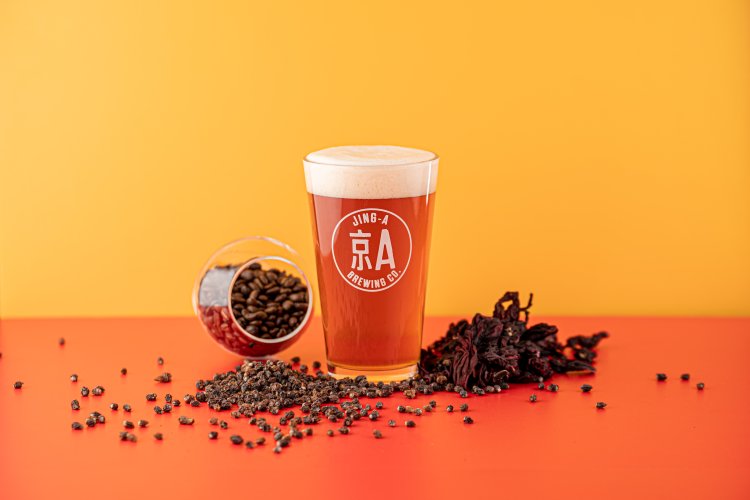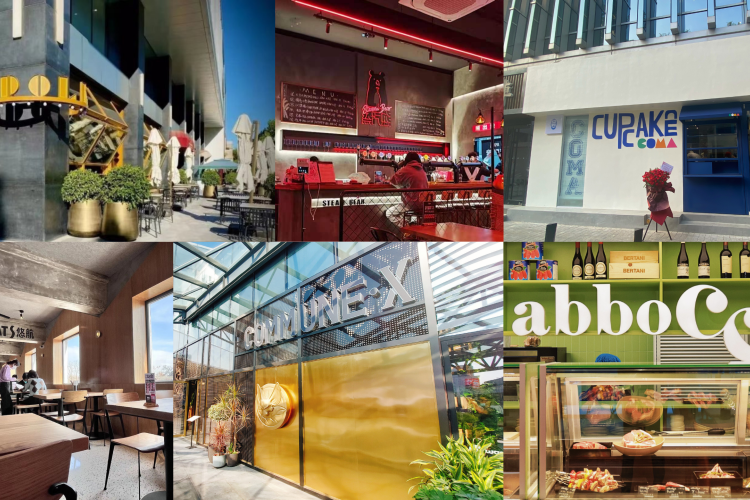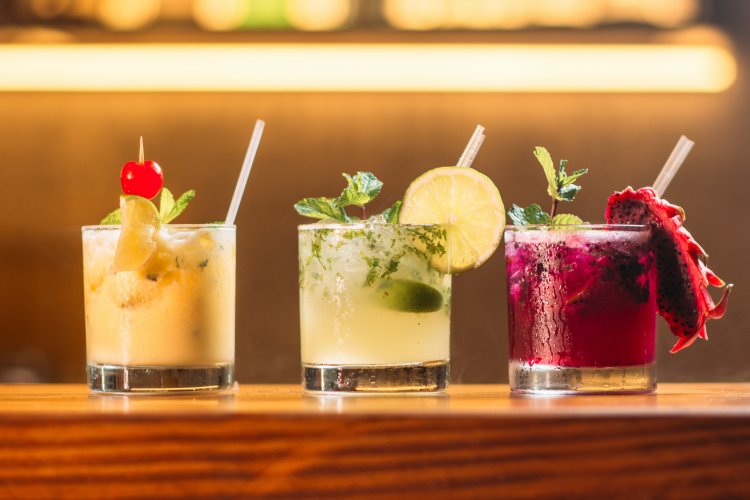Talking Teppanyaki with Haru Headman Steven Yang
Native Beijinger Steven Yang has been frying up sizzling hot plates of delectable Teppanyaki since 1987. For the past two years, as the proprietor of Haru, Chef Yang built a modest Teppanyaki empire, first opening a branch in Shunyi, and now an outlet in Sanlitun.
How did you get into cooking teppanyaki?
I graduated from cooking school in 1987 and got a job at the St. Regis Hotel cooking at their Japanese-run Japanese restaurant, where I first learned to cook Teppanyaki. After getting my start there and learning the cuisine working under Japanese management, I spent time at The New Otani Hotel and later at The Peninsula Beijing.
Eventually I worked for three years training the cooking staff at Kagen, before opening the original branch of Haru in Shunyi three years ago.
Why do people love teppanyaki?
I think one of the reasons people love teppanyaki is that the ingredients are really cherished. The freshness and quality of the materials presented to the diner, whether it be meat, seafood or vegetables, really take center stage. The raw ingredients are prepared directly in front of the diners, so you can tell exactly what you are getting. You can see it all before your eyes – what seasonings are used, how hygienic everything is, for example.
With teppanyaki, we traditionally only use the highest quality ingredients, and diners can see and taste the difference. Japanese cuisine emphasizes the original and characteristic flavors of ingredients – bringing out the aromatic essence of the food.
What are some of the exciting things about Haru?
One of the central concepts of the restaurant’s set up, which has been very popular with families at Shunyi branch, is that all of our guests dine in private, spacious rooms with their own teppanyaki chef. This way, people are really able to relax and take their time and enjoy themselves.
Out at the Shunyi branch we have done some fun promotions in the past where our teppanyaki chefs have taught diners how to cook certain dishes on the teppanyaki grill. This idea has been great fun for kids and adults alike, and hopefully we will be able to do something similar someday at our Sanlitun branch.
Where do you source your ingredients?
We source many of our cuts of beef from Shandong. We also source our foie gras from Shandong. We try to source as many of our materials locally as possible.
How did Haru earn its reputation for family friendliness?
Part of it is the attitude of our service and management and part of it is our food and floor plan. I have a child myself, and I understand that having a restaurant where you can comfortably take the kids along makes a big difference for parents. We constantly have kids chasing each other down the long central hall of our Shunyi restaurant – our servers know to be aware.
What are some of your favorite places in Beijing?
I like to play golf and badminton and I also enjoy bowling. I love Thai food, Very Siam in particular. I also enjoy Ajisai, the Japanese restaurant at the Sino-Swiss hotel.
Very Siam Daily 11.30am-11.30pm. 10A Xinyuan Xili Dongjie (in the alley northwest of Yuyang Hotel), Chaoyang District. (8451 0031) www.verysiam.com 非常泰,朝阳区新源西里东街甲10号渔阳饭店西北胡同内
Ajisai Daily 11.30am-2pm, 5.30-10pm. 9 Xiao Tianzhu Lu (near the Airport expressway), Chaoyang District. (6456 5588 ext 1488) www.sino-swisshotel.com 味彩日餐厅,朝阳区首都国际机场小天竺路9号6913
Haru Teppanyaki and Sushi Bar 尚水长廊铁板烧餐厅 Daily 11.30am-2pm, 5.30pm-10pm. 1) 902 Pinnacle Plaza, Jingshun Lu, Shunyi District. (8046 5112) 顺义区天竺镇开发区荣祥广场902; 2) Unit N4-30, 3/F, Sanlitun Village North, 11 Sanlitun Lu, Chaoyang District, Chaoyang District. (6415 2112) 朝阳区朝阳区三里屯路11号院(Village北区)能号楼三层N4-30单元






